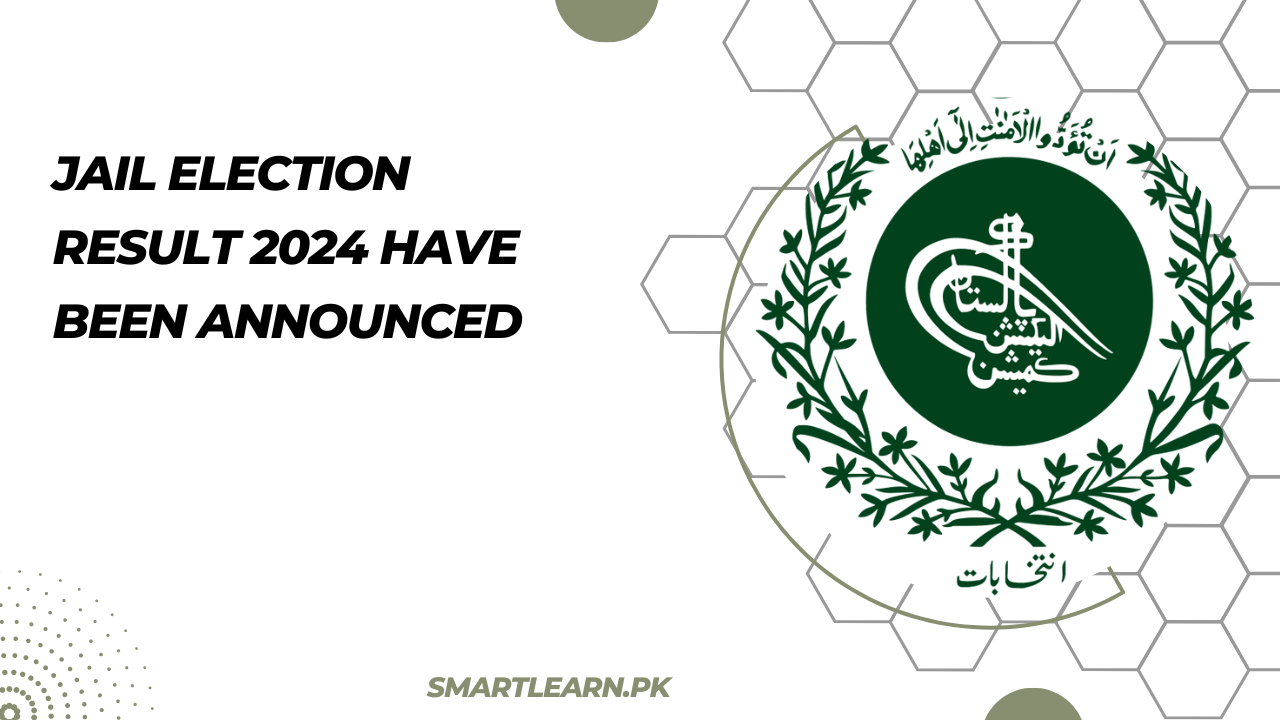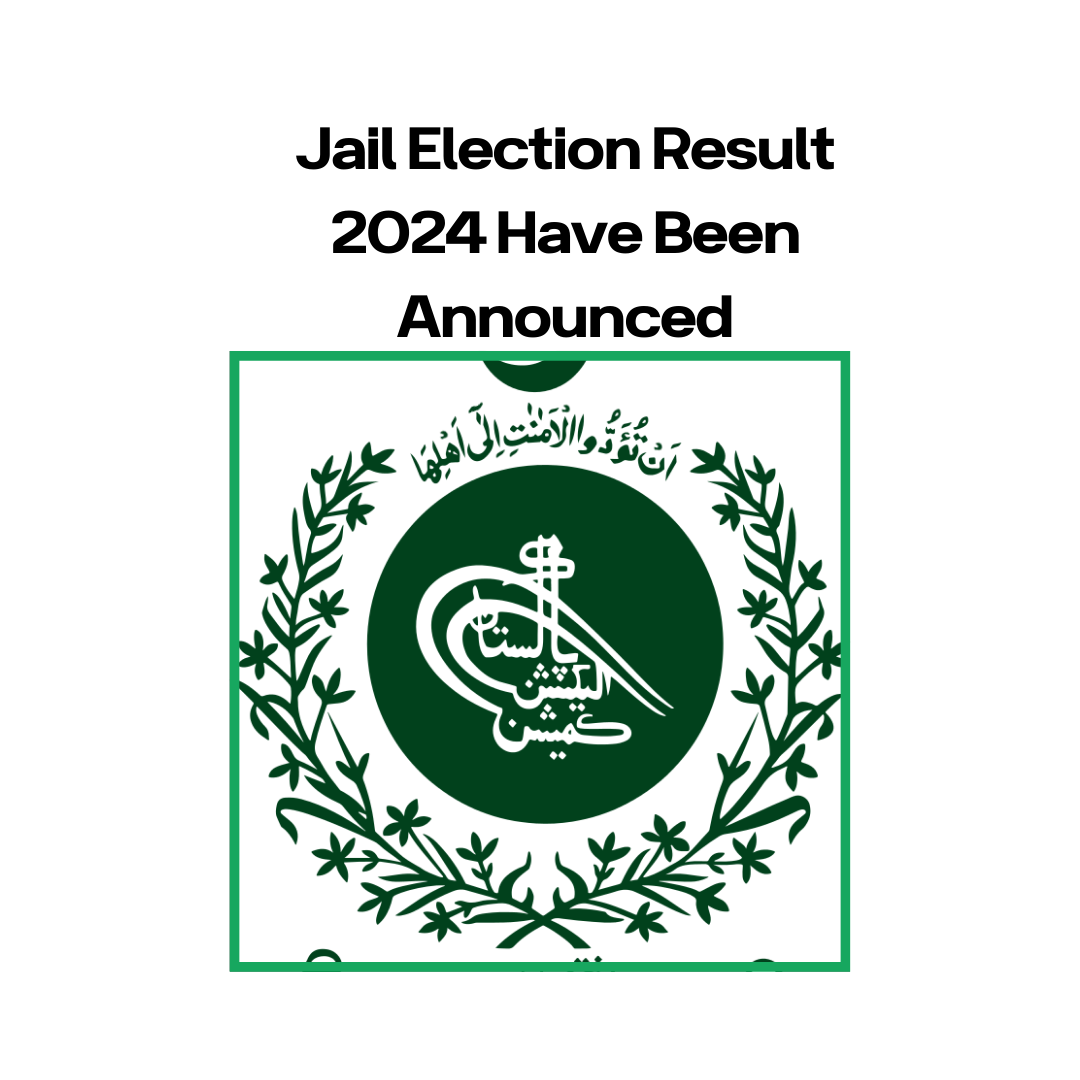The Jail Election Result 2024 has been officially declared in January 2024. The jailed individuals who took part in the momentous 2024 General Election in Pakistan no longer had to wait. The official results for incarcerated voters have been announced, granting representation to a demographic often marginalised in the political system.

| Heading | Information |
| Date of Announcement | January 2024 |
| Key Feature | Inclusion of incarcerated individuals in the election process, allowing them to vote |
| Purpose | Granting representation to a demographic often marginalized in the political system |
| Election Method | Unorthodox prison elections to ensure political influence for incarcerated individuals |
| Participation | Qualified convicts took part in the election process |
| Representation | Illustrates the dynamics among the imprisoned population and their viewpoints on political representation |
| Suffrage Revocation | More than 100,000 individuals with criminal convictions are set to have their suffrage revoked |
| Dissatisfaction among Prisoners | Inmates at Lahore’s Central Jail, including Ghulam Ali, Shahzad, Mansha, and Rustam, voiced dissatisfaction with voting rights |
| Candidates and Issues | Candidates tackled problems relevant to the jailed population, addressing obstacles in the correctional system |
| Election Cycle Highlight | Emphasizes acknowledging distinct requirements and entitlements of inmates as a fundamental part of the democratic conversation |
Jail Election Result 2024 Pakistan Check Online
Prison elections in Pakistan provide an unorthodox method of guaranteeing that even incarcerated individuals have the opportunity to influence the political environment. The procedure exemplifies the country’s dedication to inclusion and the principle that every person, irrespective of their present situation, should be given the chance to engage in the democratic process.
Jail Election Result 2024 Pakistan
The formal announcement of the results of the Jail Election 2024 in Pakistan marks a momentous development. The inclusion of qualified convicts in the election process, allowing them to vote while being incarcerated, brings an interesting dimension to the democratic structure of the country. The newly revealed findings illustrate the intricate dynamics among the imprisoned population and their viewpoints on political representation.
Candidates and Issues
The candidates vying for positions inside the correctional facilities offered a wide range of platforms, tackling problems that strongly connect with the jailed population. The candidates sought to tackle the distinctive obstacles encountered by individuals inside the correctional system, ranging from issues over jail changes to lobbying for the availability of legal services. This election cycle highlights the need of acknowledging the distinct requirements and entitlements of inmates as a fundamental component of the democratic conversation.
Jail Election Result 2024: Suffrage will be revoked for more than 100,000 individuals with criminal convictions
Prisoners held at Lahore’s Central Jail, including Ghulam Ali, Shahzad, Mansha, and Rustam, who are serving life sentences, voiced their dissatisfaction by stating that neither the previous nor the current administrations have devised a strategy to enable prisoners to exercise their right to vote.
How to Check Your Results
Curious to ascertain whether your vote had an impact? Here is the method via which you may get your results:
- Online Platform: Numerous provinces have provided access to the results via specialised web platforms. Refer to the websites of your relevant provincial electoral commission for further information.
- On-Site Display: Results are often shown on bulletin boards located inside the prison facilities. Kindly reach out to the relevant penitentiary authorities to get precise details on the exact whereabouts and designated periods of entry.
- Hotlines and Help Desks: Certain provinces have implemented specialised hotlines or help desks to aid incarcerated voters in verifying their election outcomes. Retrieve pertinent data from the websites of provincial electoral commissions or seek information from jail authorities.

